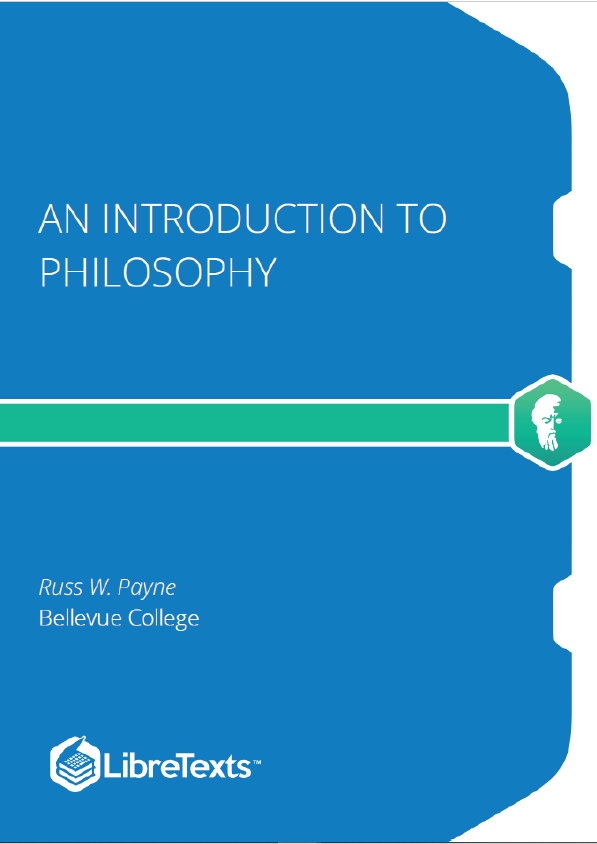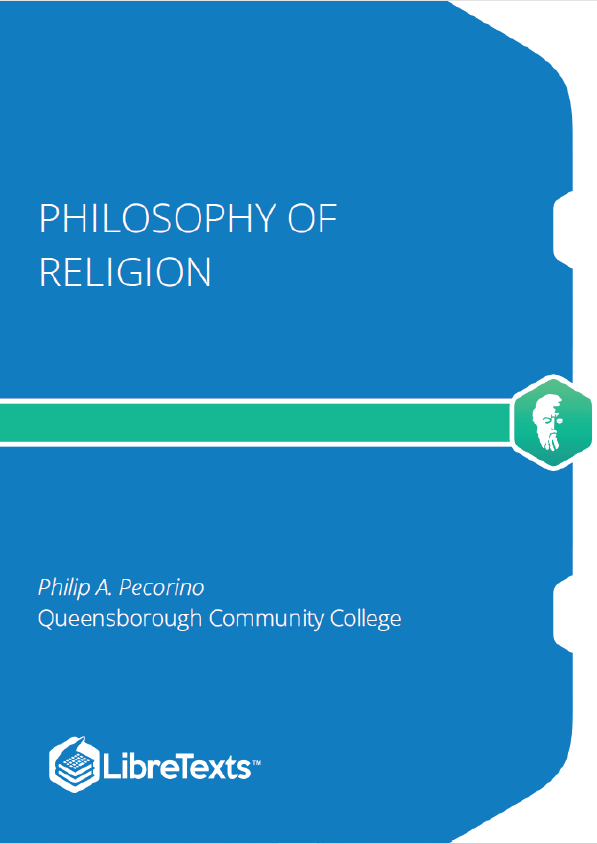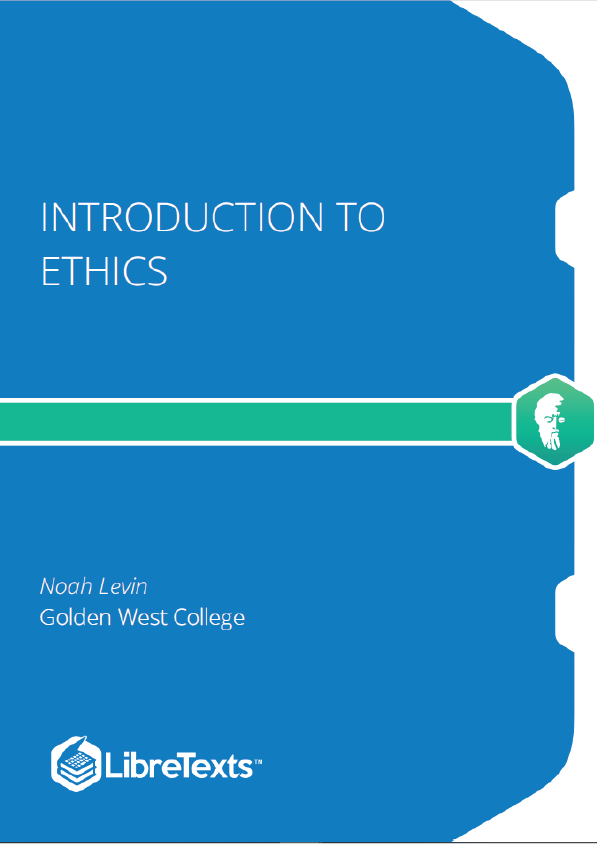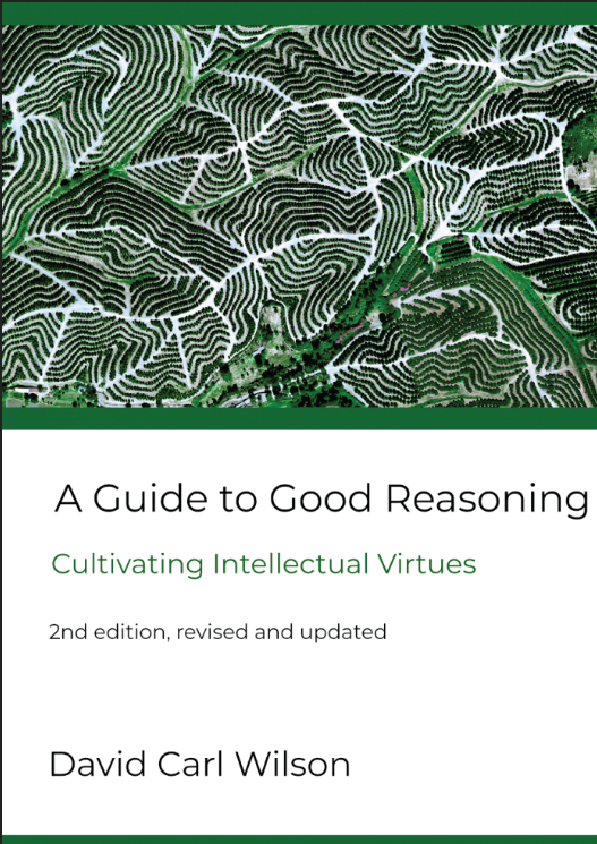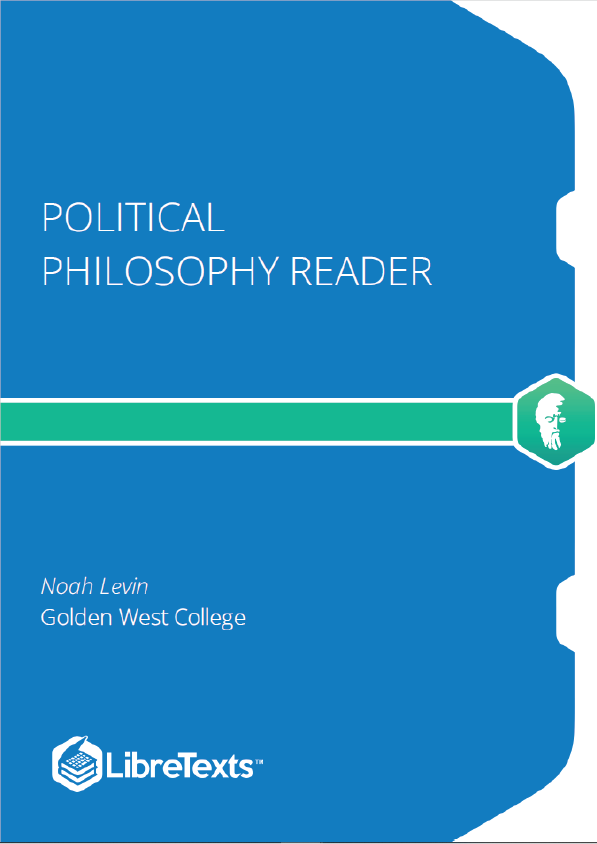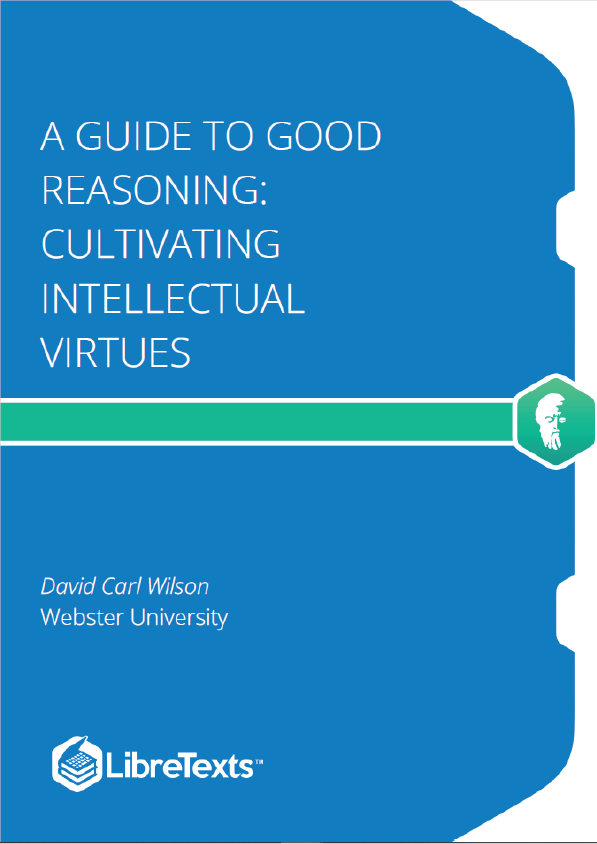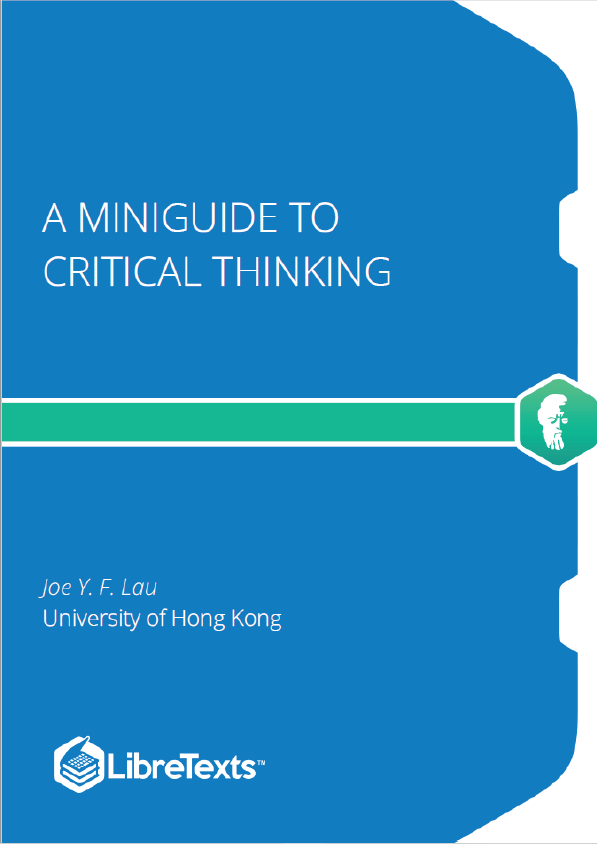The goal of this text is to present philosophy to newcomers as a living discipline with historical roots. While a few early chapters are historically organized, my goal in the historical chapters is to trace a developmental progression of thought that introduces basic philosophical methods and frames issues that remain relevant today. Later chapters are topically organized. These include philosophy of science and philosophy of mind, areas where philosophy has shown dramatic recent progress.
Many answers have been offered in reply to this question and most are angling at something similar. My favorite answer is that philosophy is all of rational inquiry except for science. Perhaps you think science exhausts inquiry. About a hundred years ago, many philosophers, especially the Logical Positivists, thought there was nothing we could intelligibly inquire into except for scientific matters. But this view is probably not right. What branch of science addresses the question of whether or not science covers all of rational inquiry? If the question strikes you as puzzling, this might be because you already recognize that whether or not science can answer every question is not itself a scientific issue. Questions about the limits of human inquiry and knowledge are philosophical questions.
We can get a better understanding of philosophy by considering what sorts of things other than scientific issues humans might inquire into. Philosophical issues are as diverse and far ranging as those we find in the sciences, but a great many of them fall into one of three big topic areas, metaphysics, epistemology, and ethics.
Metaphysical issues are concerned with the nature of reality. Traditional metaphysical issues include the existence of God and the nature of human free will (assuming we have any). Here are a few metaphysical questions of interest to contemporary philosophers: What is a thing? How are space and time related? Does the past exist? How about the future? How many dimensions does the world have? Are there any entities beyond physical objects (like numbers, properties, and relations)? If so, how are they related to physical objects? Historically, many philosophers have proposed and defended specific metaphysical positions, often as part of systematic and comprehensive metaphysical views. But attempts to establish systematic metaphysical world views have been notoriously unsuccessful.
Since the 19th century many philosophers and scientists have been understandably suspicious of metaphysics, and it has frequently been dismissed as a waste of time, or worse, as meaningless. But in just the past few decades metaphysics has returned to vitality. As difficult as they are to resolve, metaphysical issues are also difficult to ignore for long. Contemporary analytic metaphysics is typically taken to have more modest aims than definitively settling on the final and complete truth about the underlying nature of reality. A better way to understand metaphysics as it is currently practiced is as aiming at better understanding how various claims about the reality logically hang together or conflict. Metaphysicians analyze metaphysical puzzles and problems with the goal of better understanding how things could or could not be. Metaphysicians are in the business of exploring the realm of possibility and necessity. They are explorers of logical space.
